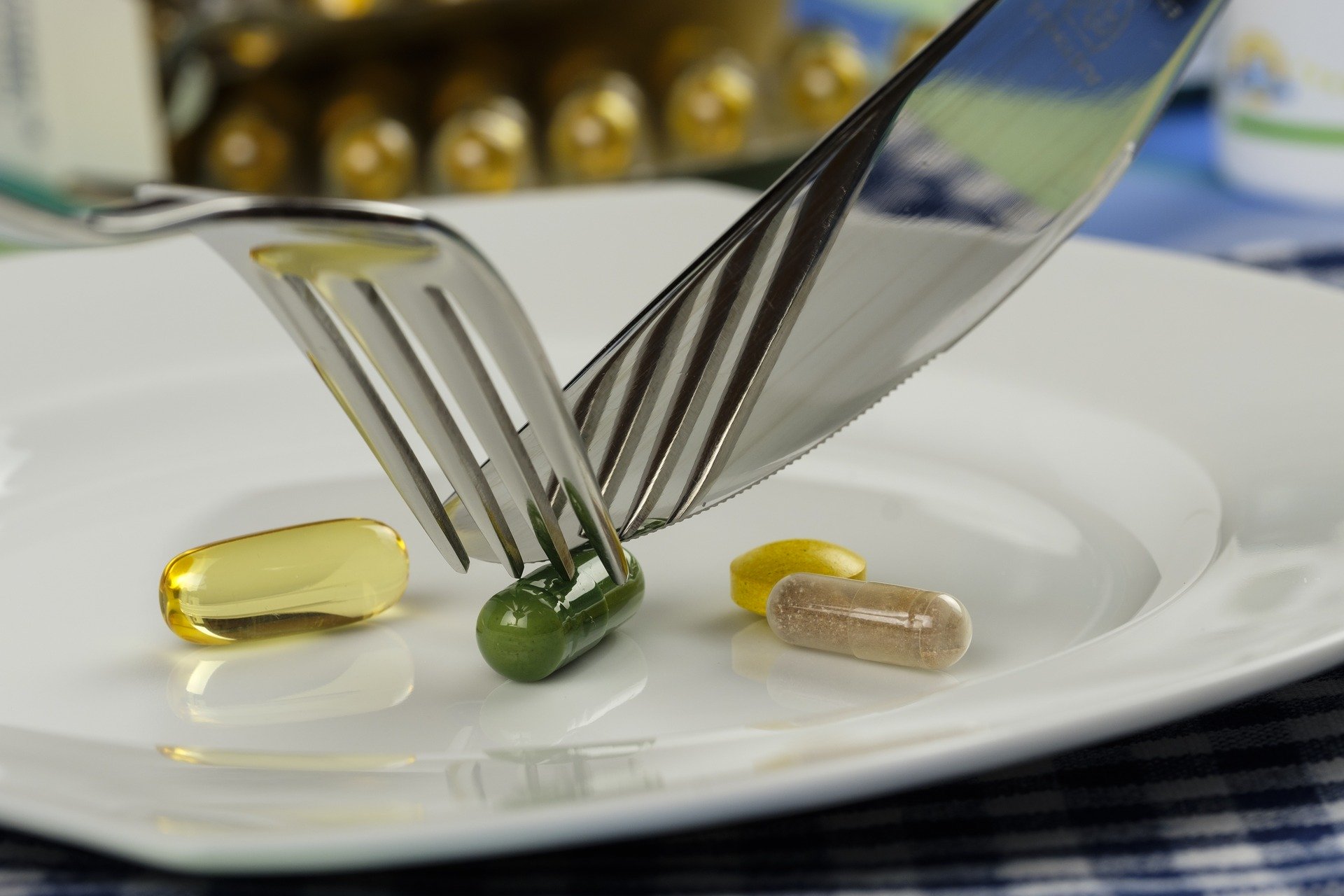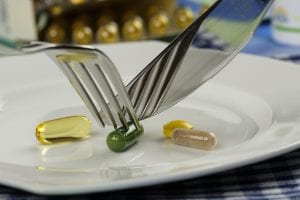




Is your favorite vitamin really a vitamin?
With the virus and all the focus on the immune system, you may have started taking vitamin D, vitamin C and minerals like zinc. In fact a 2020 study including 216 covid-19 patients, revealed 80% had a deficiency of vitamin D. Why is it so prominent? The answer is simple, we spend less time in the sun and when we do, we wear sunblock. This vitamin is actually structured more like a sex hormone or other steroid hormone. It binds to receptors and stimulates reactions. Each cell reacts with vitamin D.
Your eyes show a lack of vitamin A.
Lack of vitamin A can cause growths on the whites of your eyes. It can cause a problem with night vision. Night blindness also leads to xerophthalmia, that leads to blindness by damaging the cornea. You can increase your diet with vitamin A foods, such as carrots, spinach, kale and liver. While you can’t overdose on vitamin A from the foods you eat, you can overdose on it from supplements. Ironically, too much vitamin A can cause vision problems, too. It can also cause dry skin, just like a deficiency does and rough skin.
B vitamins play a role in many of functions of your body and brain.
Vitamin B deficiency can cause cracks in the corners of your mouth and even canker sores. That can occur from B2 (riboflavin) and somewhat from B1 (thiamin) and B6 (pyridoxine). Dry brittle hair can occur from a B7 (biotin) deficiency. You need vitamin D to convert food into energy and if you don’t have enough, it shows quickly on rapidly growing cells, like nails and hair. You end up getting cramps, tingling of hands and feet, too. Long term use of antibiotics, eating raw egg yolks, heavy drinking, pregnancy and digestive issues can cause a B7 deficiency. Lack of vitamin B12 can cause behavioral changes like dementia, depression and paranoia. Sometimes it can be reversed with B12.
- Sunblock is important, but you can also do safe sunning or focus on using supplements or foods that have added vitamin D, since it’s not found often naturally in food.
- Besides vitamin A affecting your hair, B3 (niacin) and B7 (biotin) deficiency, can also cause hair loss. Don’t just take a vitamin B and expect it to be reversed, other things can cause hair loss like an iron deficiency or deficiency in linoleic acid.
- Getting vitamins from food, rather than supplements is the best way to get the right amount. Medical conditions can cause problems, certain medications, aging and pregnancy can also cause deficiencies.
- Before you start taking a vitamin supplement, discuss it with your health care professionals. They can take blood tests to pinpoint the problem. Your problem may not be vitamin deficiency but something else that requires attention.
For more information, contact us today at Travel Trim!
